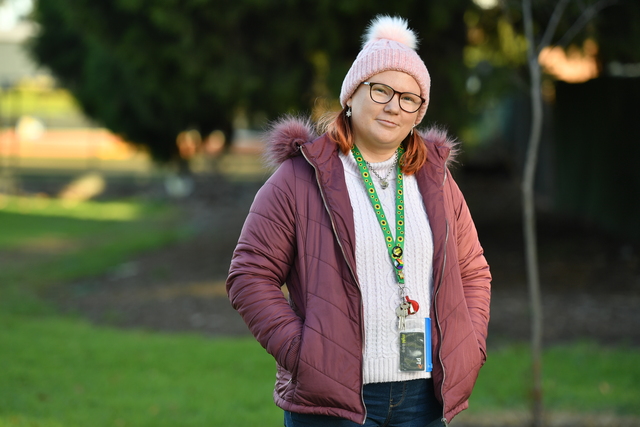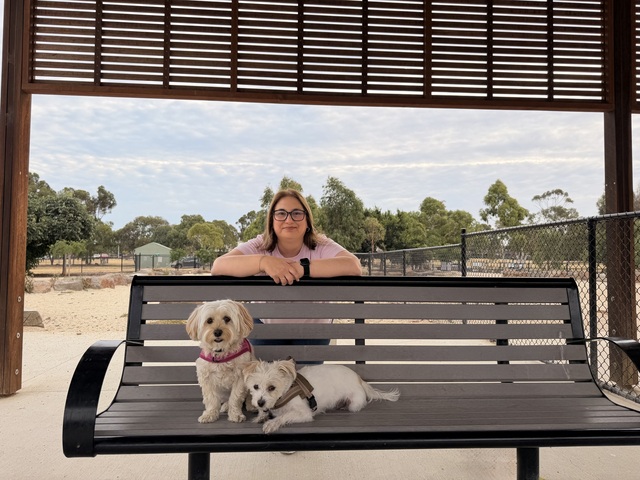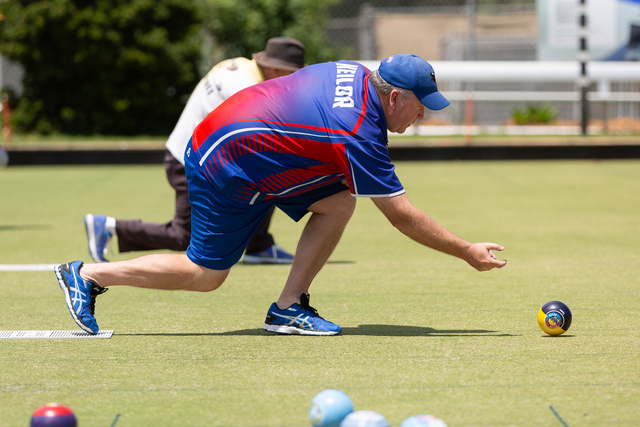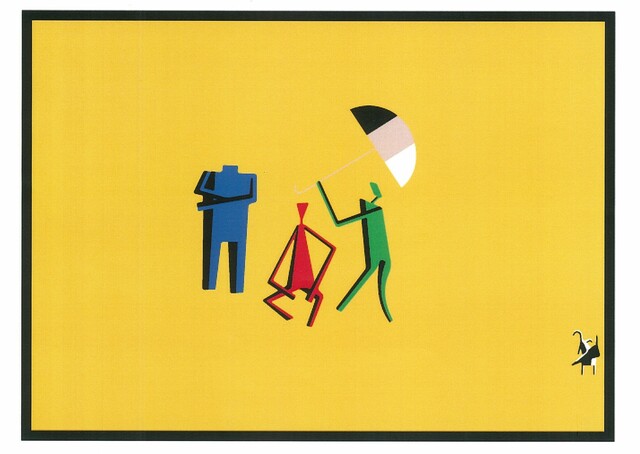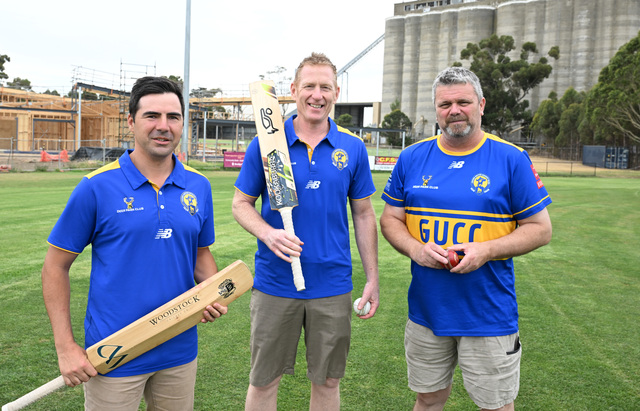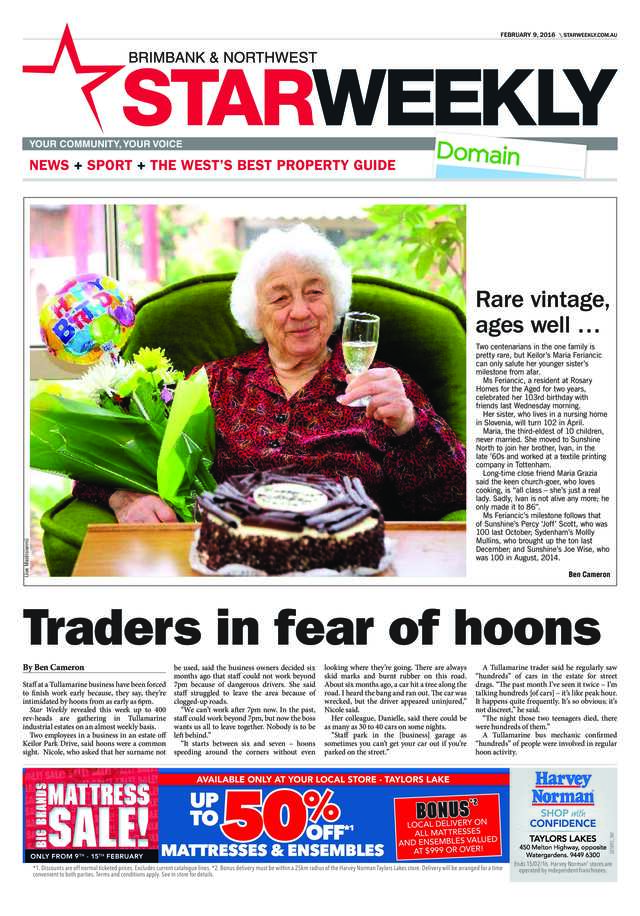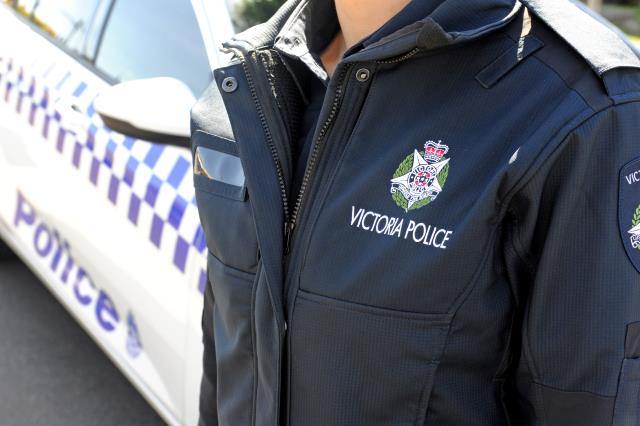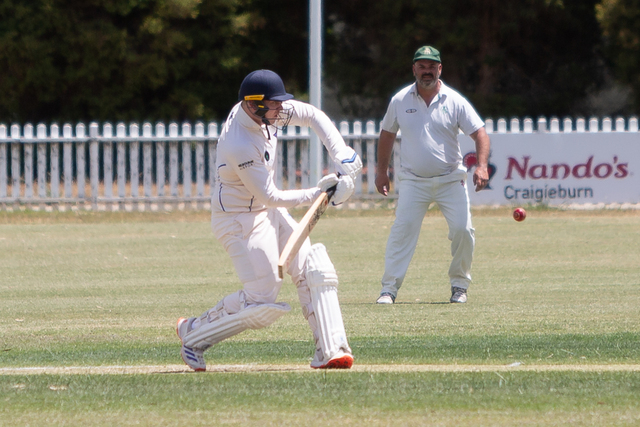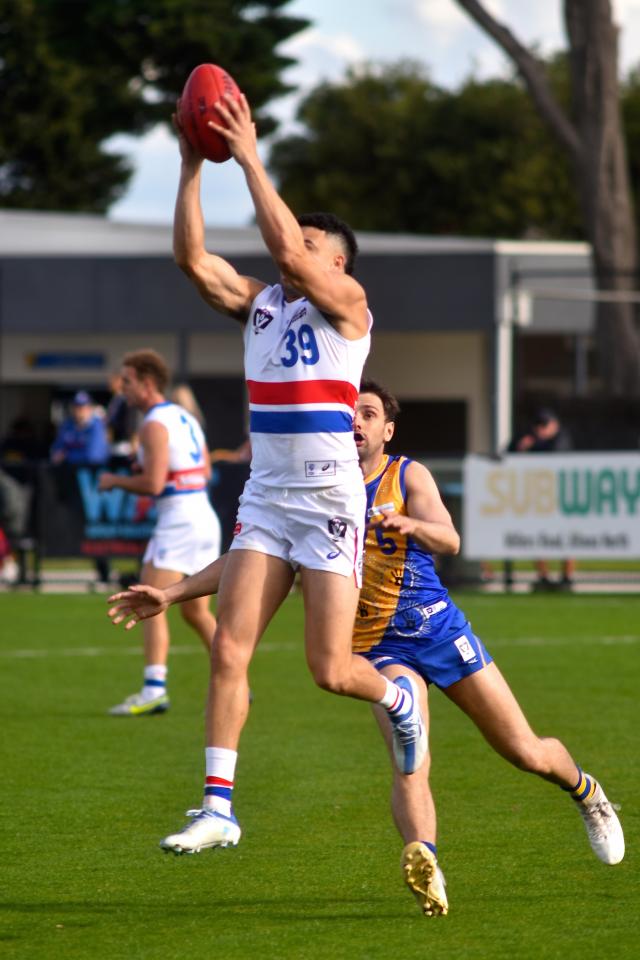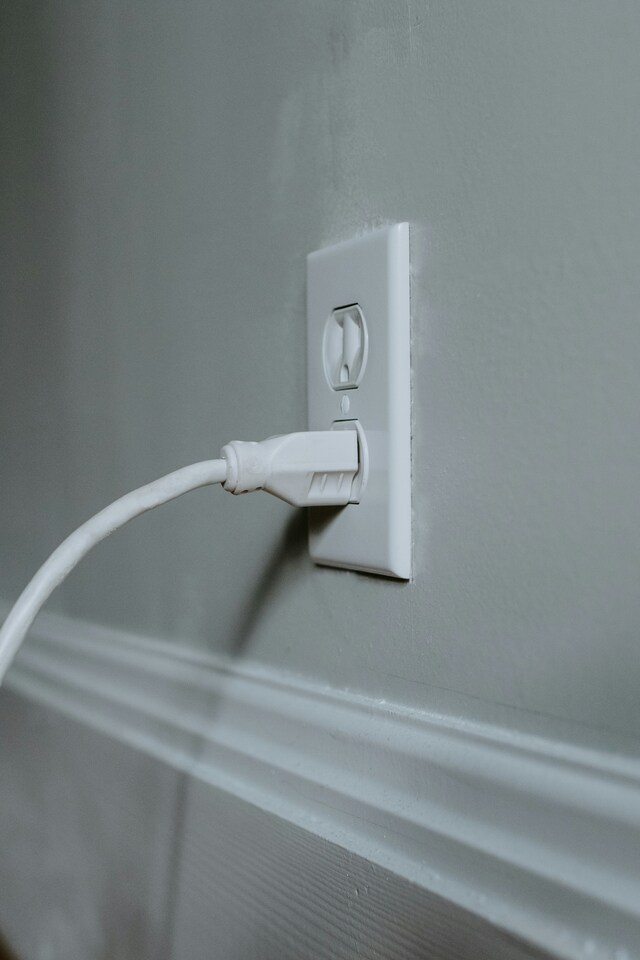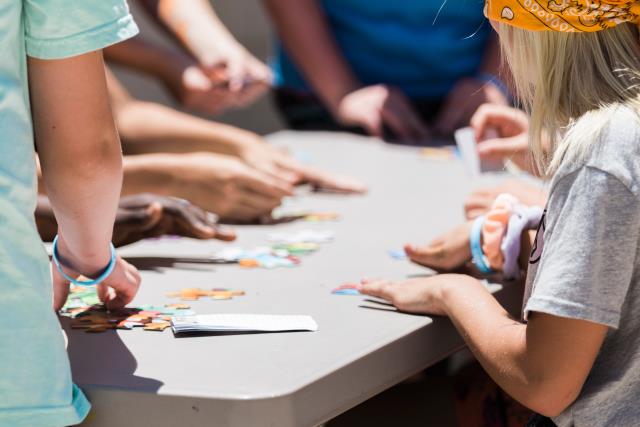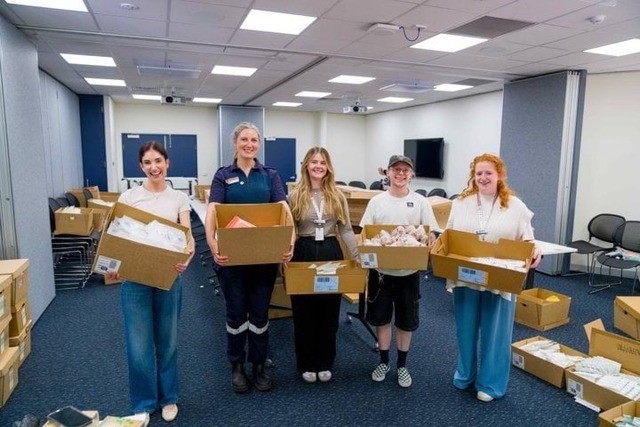Public transport throughout the city is equipped with priority seating, wheelchair, and walker spaces, ensuring those who need the space the most always have access, but contention often surrounds who is qualified to use it.
For Sunshine’s Catherine Beck, who silently suffers from chronic fatigue and fibromyalgia, a recent bus trip left her sore and embarrassed after feeling forced to move out of her spot.
“I was on the bus freshly discharged from an overnighter in hospital. I did not have my walker with me but I was wearing my sunflower lanyard to identify a hidden disability,” she said.
The hidden disabilities sunflower lanyard was introduced to subtly display that a person has a disability or condition that may not be apparent to the naked eye.
Ms Beck said she wishes more people understood the lanyard’s importance, and that if you’re unsure; ask.
“When multiple prams, trolleys, and walkers got on the bus and I did not move from the disabled bay right away, [I] copped the dirtiest filthiest looks from people. I was tired, sore and in no state to argue so I eventually caved due to peer pressure and nearly went down like a ton of bricks twice as I relocated seats as the bus moved.
“After a while you grow a thick skin, but some days when you’re unwell it can really be damaging to mental health and hurtful, especially when they don’t even ask, they assume.”
As an ambient walking aid user, Ms Beck has good and bad days.
On her bad days, needing to stand on the bus leaves her with a serious risk of collapsing due to imbalance or weakness.
For other commuters, it is impossible for them to know what physical state she is in on any given day, which is why she said it’s important for people to give others the benefit of the doubt before judging or making comments when seeing somebody else in the priority area.
“I understand that it is human nature to judge a book by its cover but since when has it become a thing to slander the book and burn it when you never even bothered to read what it’s about first?” she said.
“A person of any age with a disability should not have to grow a thick skin, ignore the comments and looks or ‘get used to it’.
“Treat others how you wish to be treated yourself … a little kindness goes a long way.”

